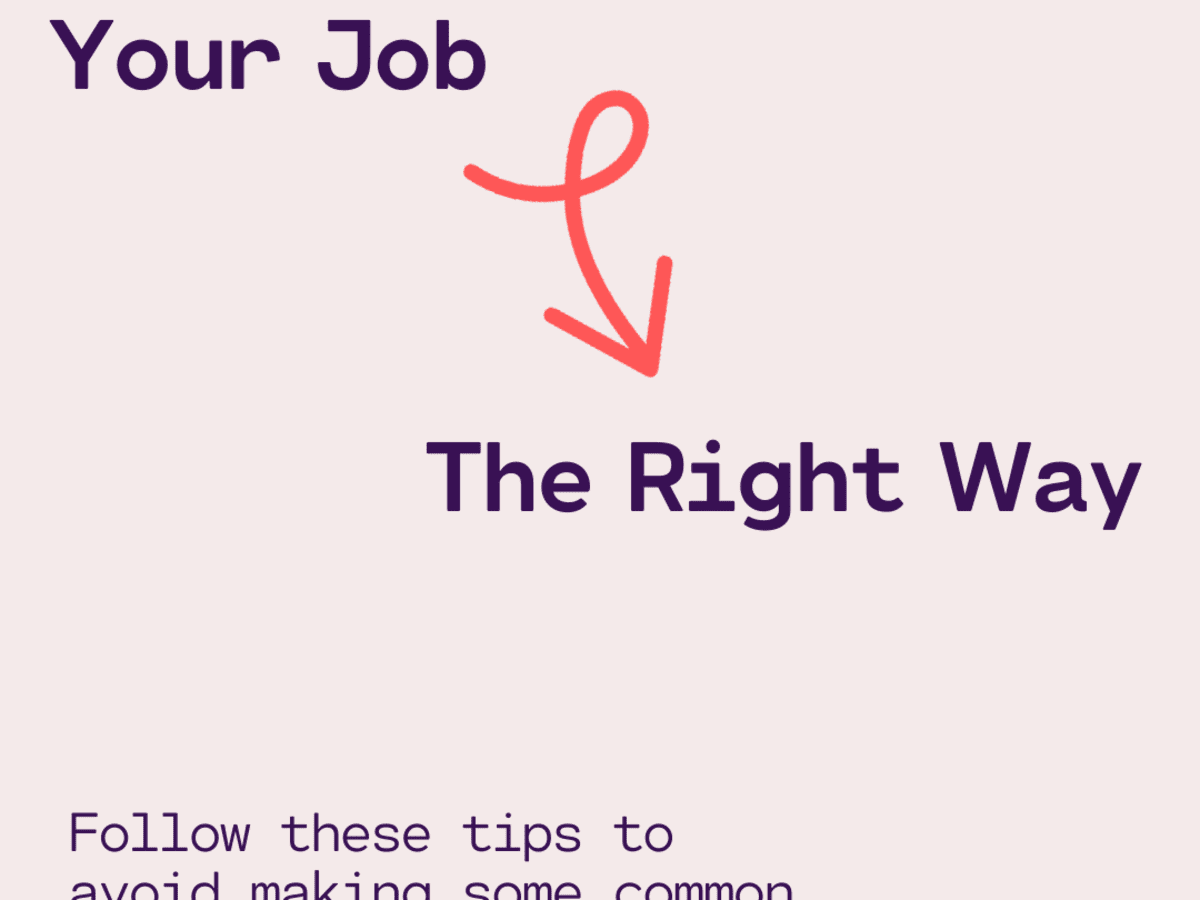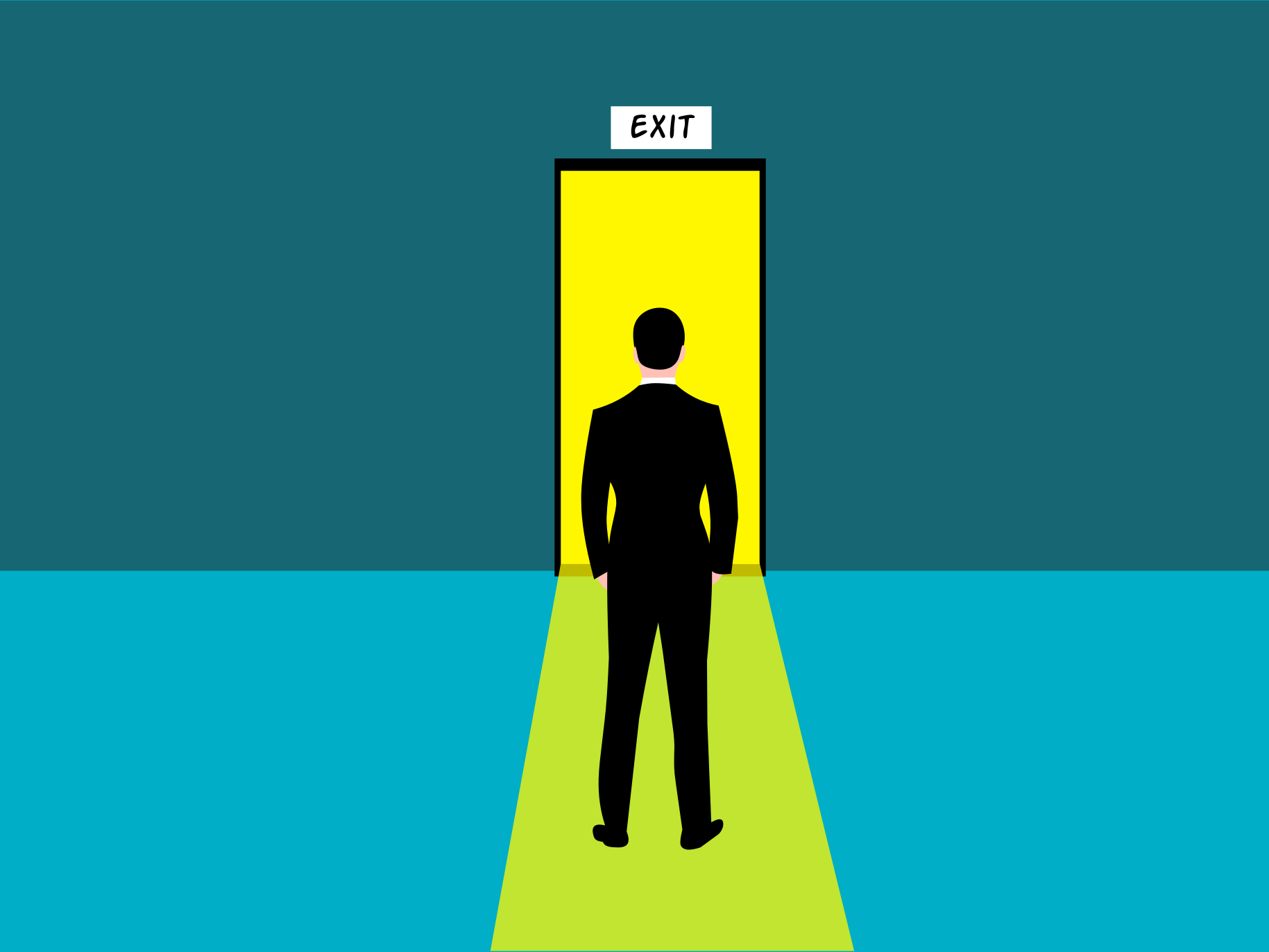

One guy, I interviewed said: ‘What if I burn through my savings account? What if I burn through my retirement account and I have to sell my house? I’ll live with my parents.’ He and his wife decided they could live with that and if it happened, they would deal with that.ĭoes taking a leap means taking a pay cut? They would say ‘yes’ to something they wouldn’t ordinarily. They looked at the worst-case scenario and decided they could still make it even if that happened. What did the people you interviewed who left without a Plan B and became happier have in common?

That’s why it’s so important to start thinking about it before you leave your job. The longer it takes to figure out how you can keep yourself afloat and busy, the worse it can feel. That euphoria lasts until they look at their bank account and say: ‘I don’t know when my next paycheck is coming.’ Then comes the panic over practical stuff like: How do you pay the mortgage? There’s a palpable sense of relief like a boulder was lifted off them. What did they tell you?Īt first, they are relieved not to be where they were. It turns out, that’s a marketable skill and it turns out that people would pay for it.įor your book’s research, you talked with other people who made a similar leap. I did it on the radio all the time and I know what to do on stage. You know, when you’re really good at something and have been doing it for a very long time, you stop seeing it as a skill you think everybody can do this. If you don’t, you have no reference point for figuring out what you might want to do next. It’s invaluable to ask yourself what you like about your job. Looking back, you write there were some questions you wish you would’ve asked yourself before leaping. In my book, I remind people that life is far too short to feel anything but pride in your work and to feel respected in your workplace. When I got to the point where the idea of staying any longer became intolerable, I gave them three months’ notice. I always said: Never quit your job without another one lined up. Taking a leap without a job in hand wasn’t what you’d advised people to do on your personal finance radio show, though, was it? I consider myself very levelheaded, a realist. Like someone had invaded my consciousness and then taken over, making really bad decisions. Next Avenue: You left a job you were great at in a career you’d had for 22 years without a Plan B.

Oh, and if you’re thinking that she could leap because she didn’t have kids to support, here’s her answer: “For my book, I talked to 80 people who left jobs without a Plan B and some of them with kids said: ‘I don’t want my kids to see me in the state I’m feeling about my job. If you’re not one of the 30 percents of full-time workers truly happy with your job (that’s a Gallup poll figure), I think you’ll want to see what Vigeland and has to say. So even if you think you’re leaving without a net, you probably have some kind of net.” “But most of us have nets friends, family and resources we can tap.

“The original title of my book was Leap Without a Net,” she told me over lunch at a Los Angeles hotel. Vigeland’s advice: Leaping is scary - just not as scary as you think. In the book, the married-without-children journalist explains why she did it and, more importantly, how and why you might want to join the leper colony. Now, Vigeland has published Leap: Leaving a Job With No Plan B to Find the Career and Life You Really Want, out recently. So pretty much everyone who knew her, or were fans who’d heard about her leap (me included), had a one-word response: Huh? Here’s the thing: At the time, Vigeland was the peppy, sassy, super smart host of public radio’s weekly Marketplace Moneypersonal-finance show. In 2012, in her early 40s, Tess Vigeland did just that. If you’ve been working for more than a few decades, odds are that at least once you’ve been so unhappy you were ready to quit your job without a new job lined up. A chat with ‘Leap’ author and sometime public radio host, Tess Vigeland.


 0 kommentar(er)
0 kommentar(er)
